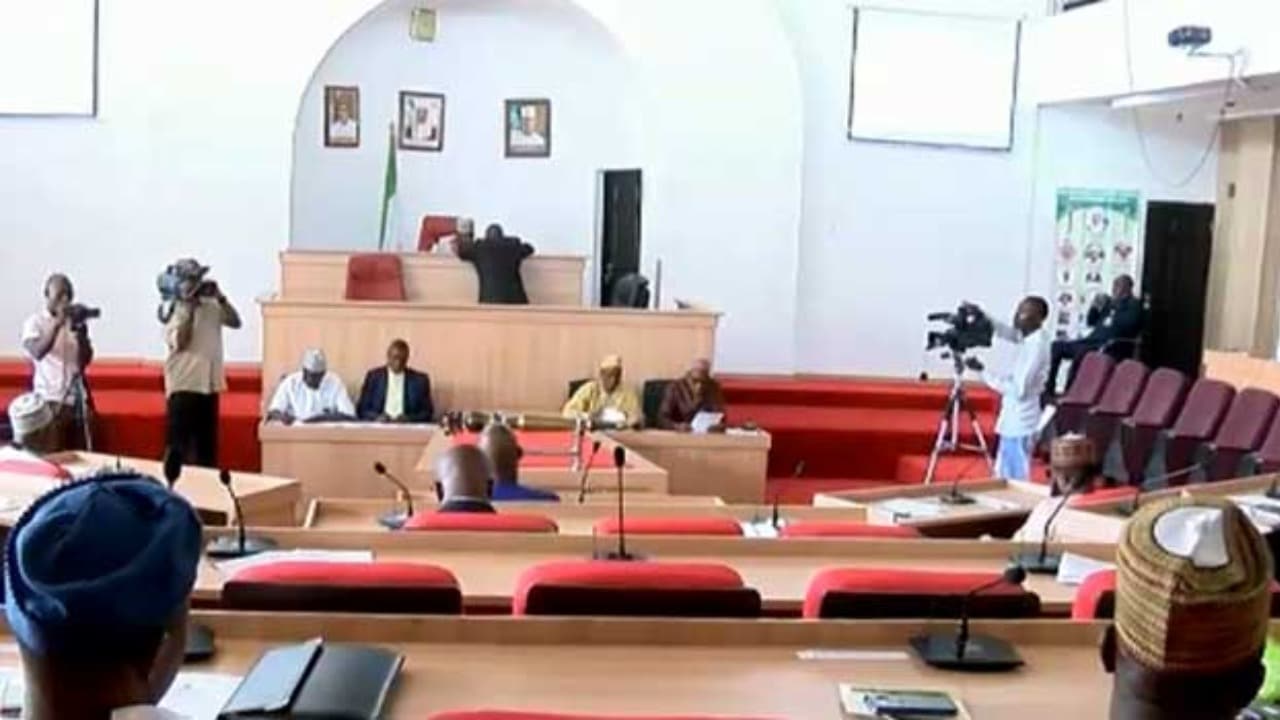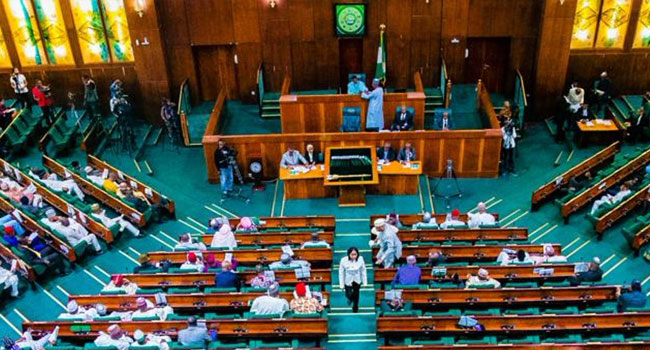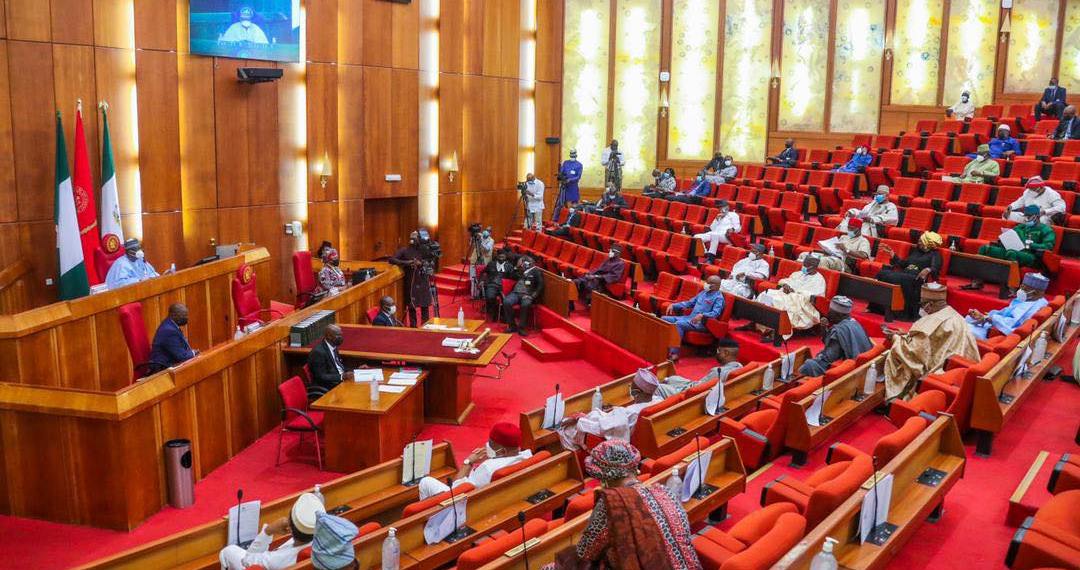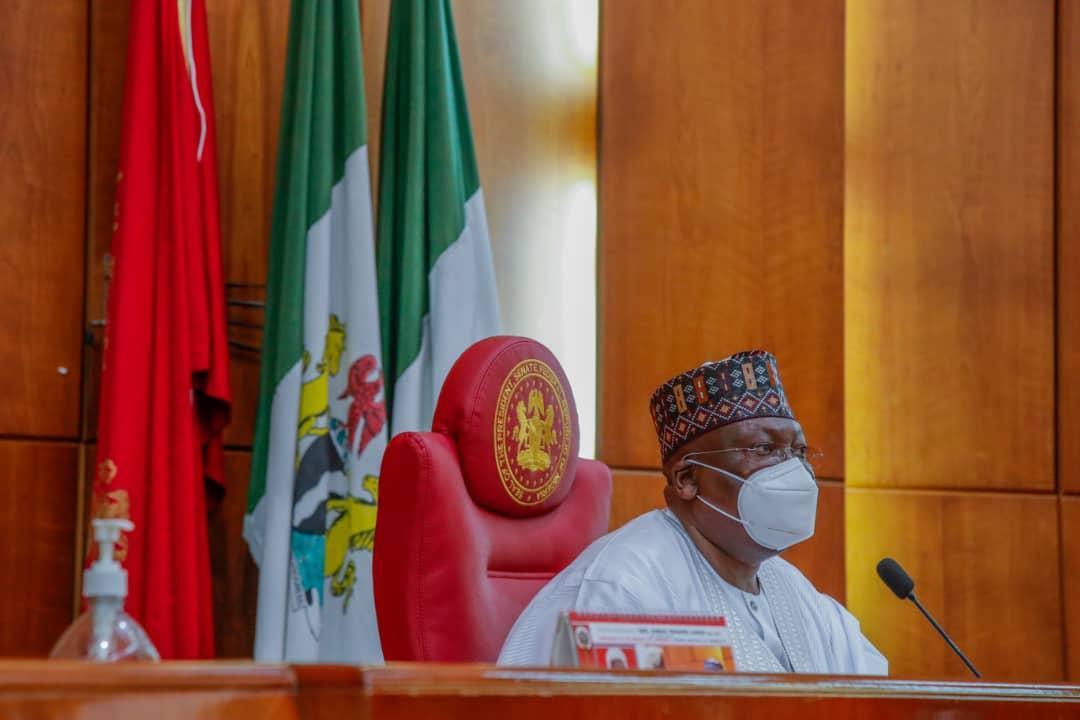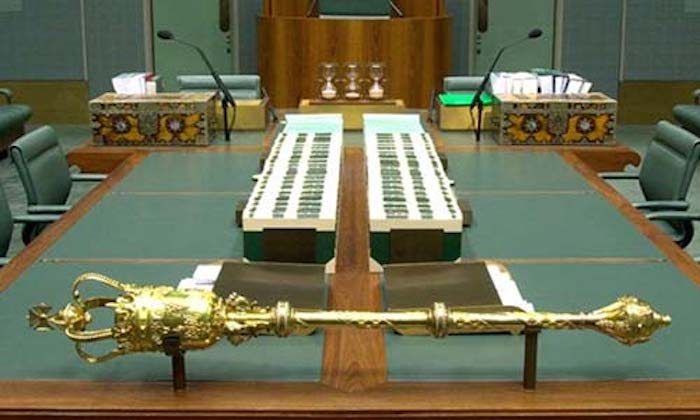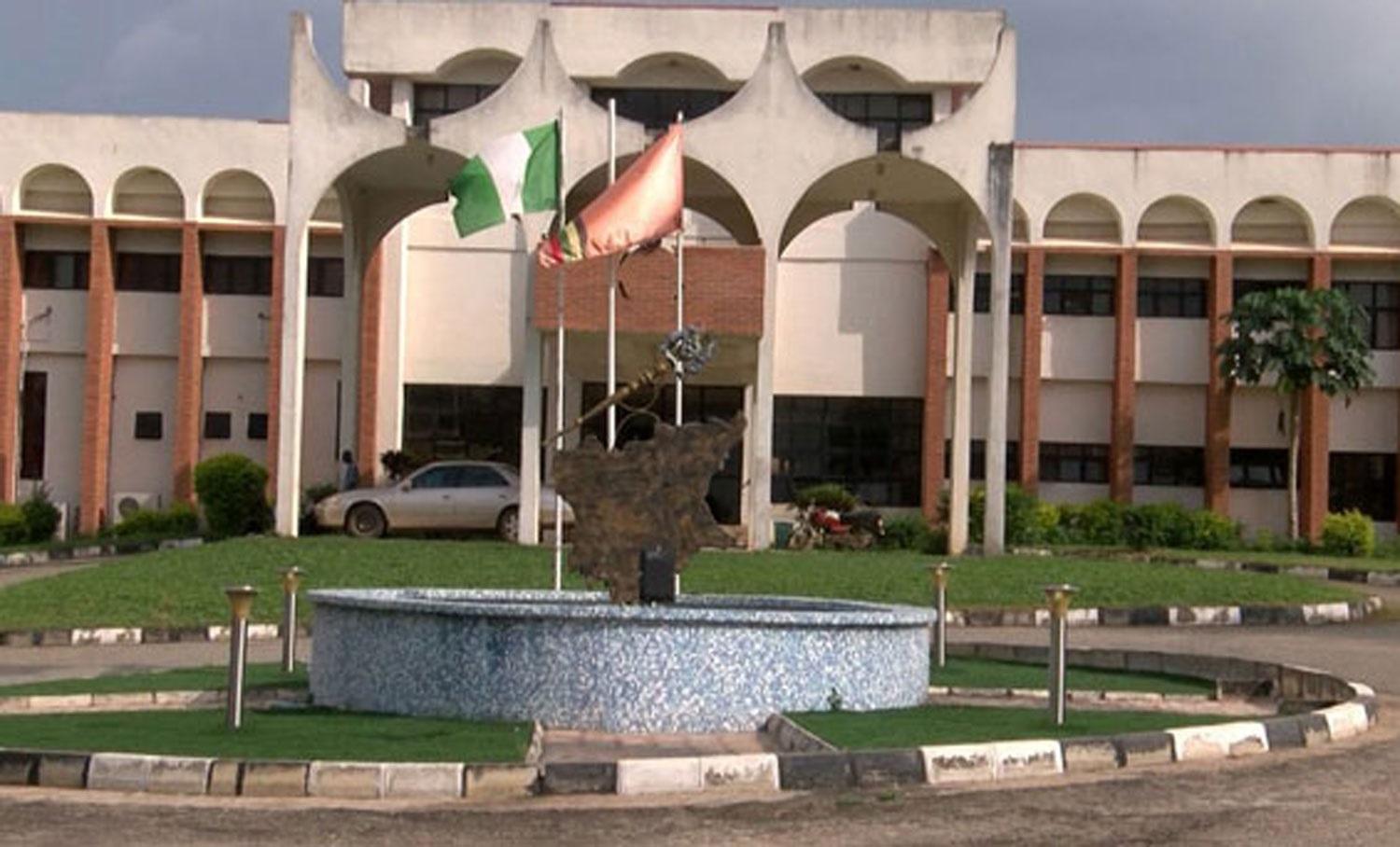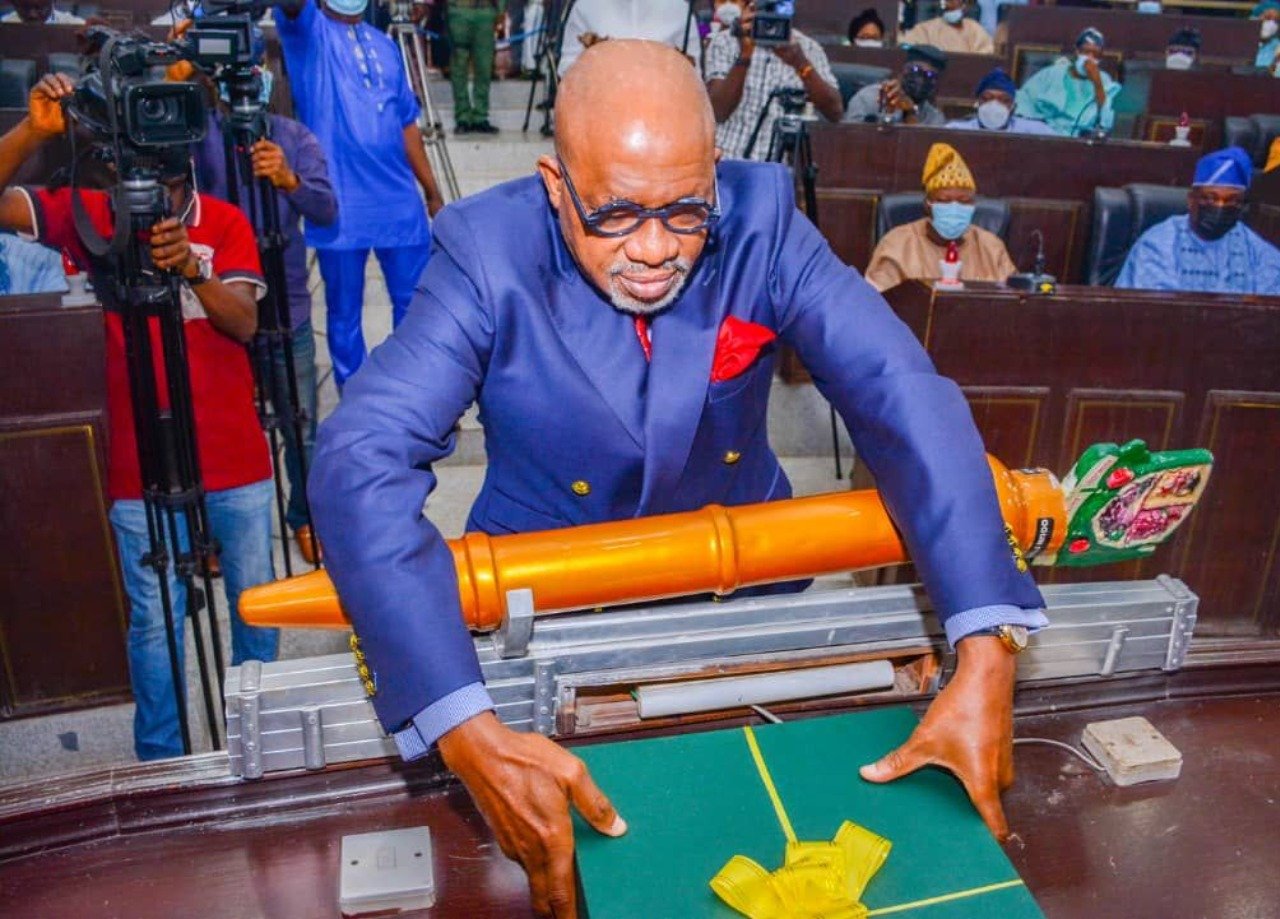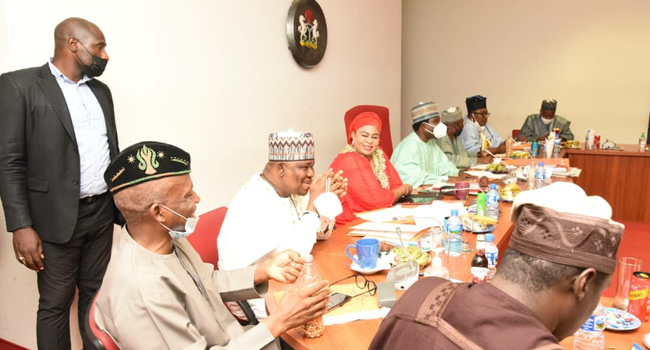The Nigerian Senate, on Wednesday, passed the 2022 appropriation bill.
President Muhammad Buhari had on the 7th October 2021, presented the budget estimates to the joint session of the National Assembly.
The version of the budget passed by the Senate contained estimates of N17,126,873,917,692, as against the N16,391,023,917,692 proposed by President Buhari in October.
This is coming barely one week after the Senate failed to pass the budget as promised.
Presenting the report for consideration on Wednesday, Chairman, Senate Committee on Appropriation, Senator Barau Jibrin, said, “the Committee, while processing the bill observed the followings:
“Special intervention as a result of an increase in Oil Price Benchmark from US$57 to US$62; Provision of more funds to critical sectors to enable them to execute most of their core mandates” and that “there will be more stimulation of the economy with more capital expenditure that will provide more infrastructural development in the country”.
The lawmaker said the Committee also observed: “An increase in revenue that shall accrue to Government Owned Enterprises (GOES) as a result of the independent report received from the investigation carried out on them by the Senate and House of Representatives Committees on Finance”.
He explained that “the deficit was increased by N98 Billion to include some other requests made by the executive arm of government to take care of some projects of national importance which were not provided for in the submitted budget estimate and could not be covered by the increase in revenue”.
Senator Jibrin added that “most of the Sub-Committees complained of inadequate provision of funds, the decline in budgetary allocation to the MDAS under their jurisdictions”, justifying the reason for the increase.
A pure comparison of the budget passed and the estimates submitted by President Buhari shows a difference of about N800 billion.
Meanwhile, the indices factorized by the Senate to arrive at the passed budget shows that the executive proposed a daily Oil Production to be 1.88mbpd, and the National Assembly approved the same 1.88mbpd.
The executive had benchmarked the price of oil to be US$57, whereas, the National Assembly approved US$62.
The exchange rate, according to the executive was N410.15 to US$1, and the National Assembly approved the same N410.15 to US$1.
In the same vein, the Senate approved the GDP Growth Rate of 4.2% as proposed by the executive; while an inflation rate of 13% was also sustained in the passed budget.
The budget passed by the Senate has a Statutory Transfer of N869,667,187,542; a Recurrent Expenditure of N6,909,849,788,737; Capital Expenditure: of N5,467,403,959,863 and N3,879,952,981,550 for Debt Service.
